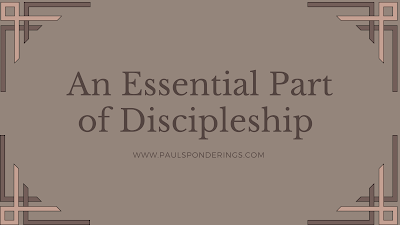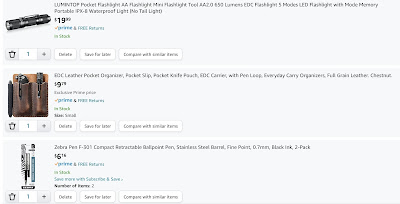Forgiveness is a essential part of being a disciple of Jesus. Forgiveness is not only about releasing others from their wrongdoing, but it is also about freeing ourselves from the pain and hurt that have been holding us back.
In Colossians 3:13, it says:
Make allowance for each other’s faults, and forgive anyone who offends you. Remember, the Lord forgave you, so you must forgive others. This verse highlights the importance of forgiveness and encourages us to forgive others as God has forgiven us. (NLT)
It is understandable to hold onto past hurts as a way of protecting ourselves from future pain, but this can be detrimental to our mental, emotional, and physical wellbeing. Instead of protecting us, holding onto anger and resentment creates a constant state of negativity, which prevents us from fully living our lives. Not forgiving is like carrying a heavy backpack filled with rocks that weighs us down and makes it difficult to move forward.
Forgiveness is a process of letting go of the pain and negativity we have been holding onto. It does not mean excusing or justifying the actions of the person who hurt us. Instead, it is about releasing ourselves from the burden of anger, resentment, and hurt. When we forgive, we create space for healing and reconciliation, and we give ourselves permission to move on from the past and focus demonstrating God’s character in this world.
In the Sermon on the Mount Jesus taught: “If you forgive those who sin against you, your heavenly Father will forgive you. But if you refuse to forgive others, your Father will not forgive your sins.” (Matthew 6:14-15; NLT)
This teaching emphasizes the importance of forgiveness not only for our own healing but also for our relationship with God. We can’t demonstrate God’s character, which includes His forgiving nature, while withholding forgiveness from others.
Forgiveness is not always easy, but it is essential for our wellbeing and spiritual growth. It is a choice that we make for both the person who hurt us and for ourselves. By forgiving, we let go of the hurt and pain that's been holding us back and create room for healing and reconciliation. We owe it to ourselves and our relationship with God to let go and move forward, free from the past so we can continue to follow Jesus into the future.









